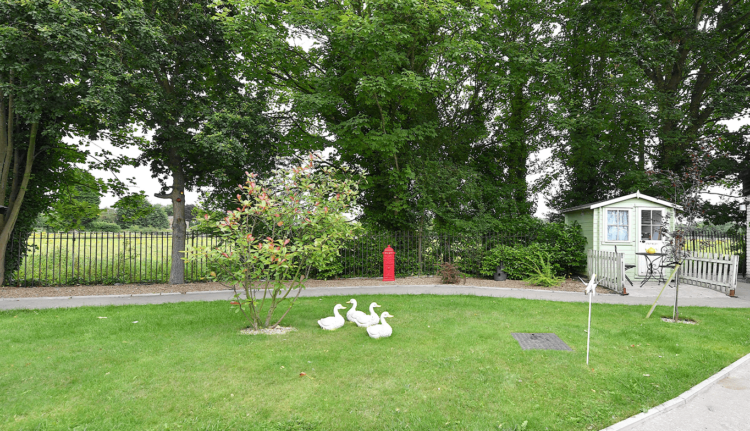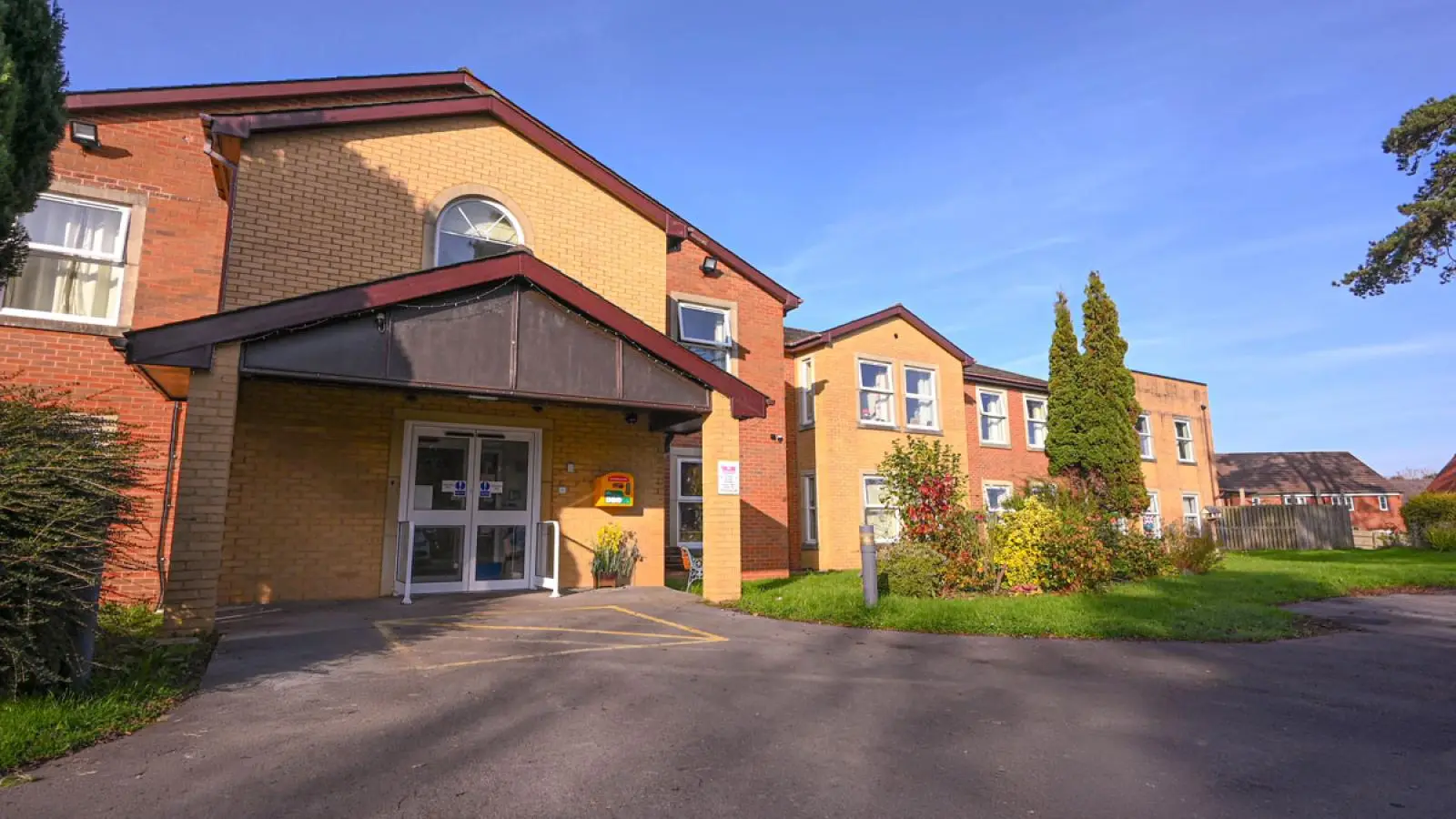One of the biggest worries when moving a loved one into care is whether they'll still get proper medical attention. Will their GP still see them? What happens if they need to go to hospital? Can they still see the specialist they've been with for years?
These concerns are completely understandable. Moving into a care home doesn't mean giving up good healthcare - but it does mean understanding how things work differently.
Your GP Won't Abandon You
The good news is that most people can keep their existing GP when they move into a Warrington care home, especially if it's local. GPs are used to this situation and generally continue caring for patients in residential settings.
Sometimes, though, it's not practical. If someone moves from Manchester to a care home in Warrington, their old GP practice might be too far away for regular visits. In these cases, the care home should help register with a nearby practice - ideally one they already work with regularly.
Some care homes have arrangements where local GPs visit on specific days, almost like a mini-surgery. This can be brilliant for routine check-ups and medication reviews, though you might still need to travel for more complex appointments.
The key thing is that care home staff should never be making medical decisions on their own. They're there to spot problems, manage day-to-day care, and know when to call for help.
How Care Homes Work with the NHS
District nurses are probably the unsung heroes of care home healthcare. These NHS nurses visit care homes regularly to handle the medical tasks that care staff can't manage - changing complex wound dressings, giving injections, managing catheters, and dealing with health conditions that need specialist nursing knowledge.
Most residents don't even realise how much coordination happens behind the scenes. Care homes work with community physiotherapists who help people maintain mobility, occupational therapists who adapt living spaces and daily routines, and speech therapists who are crucial for anyone having trouble swallowing safely.
The mental health support is particularly important, though often overlooked. Moving into care can be emotionally challenging, and some residents develop depression or anxiety. Good care homes have pathways to community mental health teams and understand when someone needs more support than a chat over tea can provide.
When Things Go Wrong
Nobody wants to think about emergencies, but they happen. The difference between a good and mediocre care home often shows up at 3am when someone falls or becomes seriously unwell.
Proper care homes have qualified staff on duty around the clock - not just care assistants, but trained nurses who can assess situations and make decisions about whether someone needs an ambulance or can wait until morning for a GP visit.
If your loved one does need hospital treatment, experienced care homes will send detailed medical information with them. Hospital staff can then understand their usual medications, existing conditions, and any special needs like dietary requirements or communication difficulties.
The really good places will also help coordinate the return journey, making sure the care home is ready with any new equipment or changed medication routines.
Managing Medications Safely
This is where professional care homes really prove their worth. Managing multiple medications for dozens of residents requires systems, training, and constant vigilance.
Qualified staff handle all medication administration, with proper storage, clear records, and regular reviews with GPs and pharmacists. Family members shouldn't be bringing in medications or making changes without going through the proper channels - it might seem helpful, but it can be dangerous.
Medication reviews are particularly important for older people, who often accumulate prescriptions over years. A good care home will work with GPs to regularly assess whether all medications are still necessary and working well together.
End-of-Life Care
This isn't easy to discuss, but it's important. Many families worry that moving into a care home means their loved one will die in an unfamiliar place, surrounded by strangers.
The reality is that experienced care homes work closely with local hospice services, Macmillan nurses, and palliative care specialists. When the time comes, many people can remain in their care home room, surrounded by familiar staff and visiting family, with professional medical support ensuring comfort and dignity.
What the Care Quality Commission Expects
The CQC doesn't just inspect care homes for general quality - they specifically look at how well homes coordinate healthcare. They check whether residents are getting appropriate medical attention, whether medication management is safe, and whether staff know how to respond to health emergencies.
When you're visiting potential care homes, you can ask to see their latest CQC report. Pay attention to what inspectors said about healthcare provision and whether there were any concerns about medical care coordination.
Red Flags to Watch For
Be wary of care homes where staff seem unclear about healthcare arrangements, can't explain how they work with local GPs, or give vague answers about emergency procedures. Good homes are proud of their healthcare partnerships and happy to explain how things work.
Also watch out for places that seem to promise they can handle everything in-house. While comprehensive care is good, isolated homes that don't work well with external healthcare providers can leave residents without proper specialist support.
Finding the Right Balance
Meadowview Care Home in Warrington demonstrates how good healthcare integration should work - maintaining strong partnerships with local NHS services while ensuring residents feel settled and secure in familiar surroundings.
The best care homes understand that healthcare isn't just about treating illness - it's about preventing problems, maintaining wellness, and ensuring people feel confident that medical help is available when needed.
When you're choosing a care home in Warrington, don't be shy about asking detailed questions about healthcare support. How do they work with your loved one's current GP? What happens during medical emergencies? How do they coordinate with specialist services?
The right care home will welcome these questions and give you clear, detailed answers. After all, good healthcare support gives everyone - residents, families, and staff - the confidence that comes with knowing help is always available when it's needed.


.svg)








.png)







